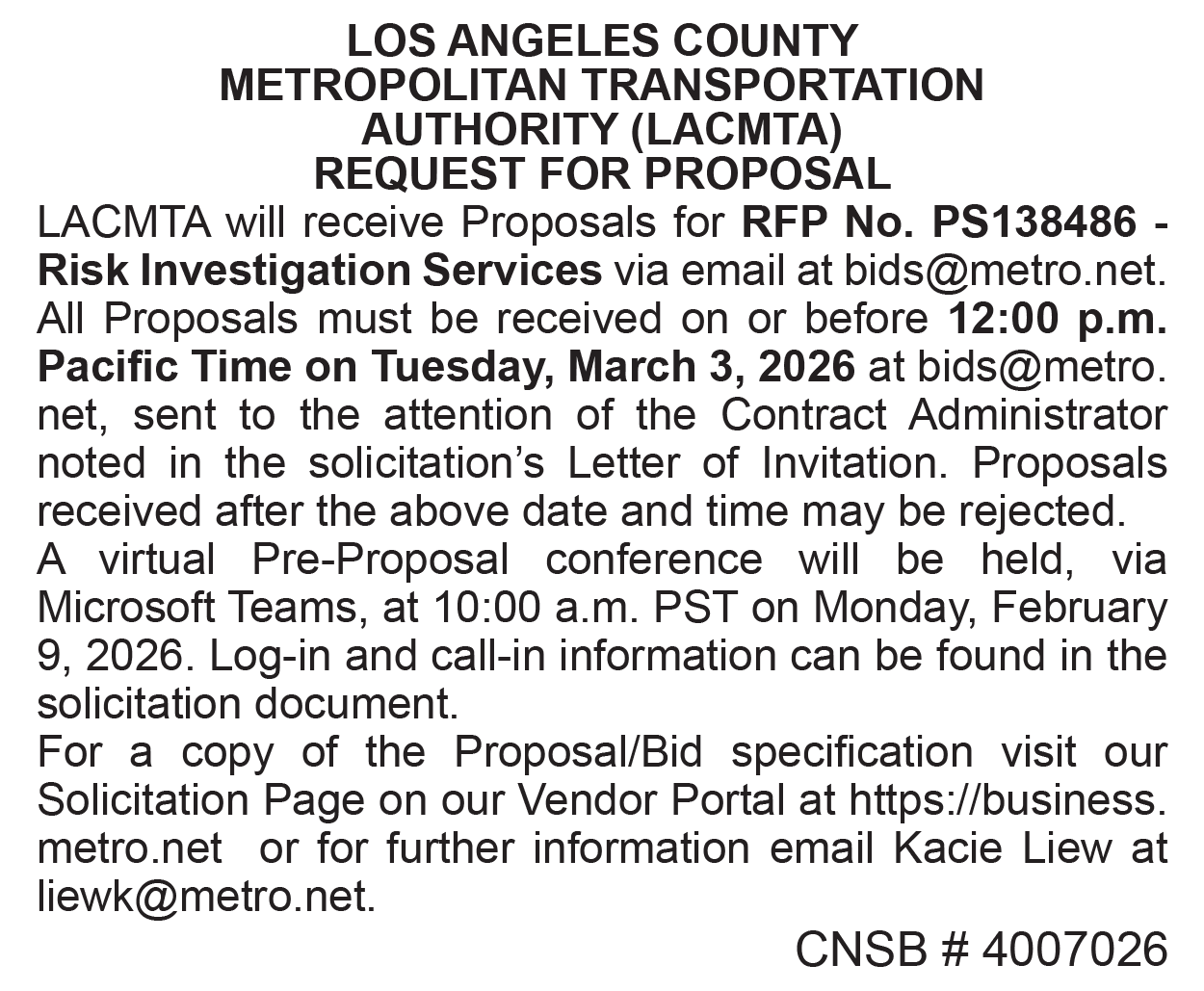Hernandez: Subrogation in Legal Malpractice Cases
Friday, June 18, 2021 | 0
A new ruling from the Florida Supreme Court may shed some light on the ability of a workers’ compensation carrier to seek reimbursement from an employee’s legal malpractice claim against a personal injury attorney.

Elizabeth K. Hernandez
In a case that had been pending for almost two years, the Florida Supreme Court has ruled that a professional liability insurer could bring a malpractice claim against appointed defense counsel based on a subrogation claim in its policy. In Arch Ins. Co. v. Kubicki Draper LLP, the Florida Supreme Court was tasked with reviewing the 4th District Court of Appeal’s decision that an insurer lacked standing to directly pursue a malpractice action against the insured’s attorney.
The Supreme Court held that an insurer does have standing to maintain a legal malpractice action against counsel hired to represent its insured where the insurer is contractually subrogated to the insured’s rights under the insurance policy.
The insured’s attorney, facing a malpractice claim, argued the lack of privity of contract or an attorney-client relationship between the insurer and attorney. The attorney did not represent the insurance carrier and owed the carrier no duty. Thus, the carrier had no right to sue for malpractice.
The two lower courts agreed and found that the insurer had no right to bring a suit for malpractice because there was no privity between them, and the insurer was not an intended third-party beneficiary.
However, the Supreme Court looked beyond the privity argument and found that the insurer’s rights were created based on the language of the policy. The language in the policy was clear. The insurance carrier was contractually subrogated to the insured’s rights, including claims against an attorney for malpractice.
What does this all mean for workers' compensation carriers?
The recent ruling by the Supreme Court was based on principles of subrogation. “[B]ecause the insured was in privity with the law firm, contractual subrogation allows the insurer to step into the shoes of the insured. Thus, if the policy language expressly provides for contractual subrogation, then the argument can be made that a workers’ compensation insurer has standing to bring a claim for malpractice against the insured’s attorney.
There is a distinction that could be drawn from the current case and ruling. In Arch, the insurer assigned and paid the legal fees of the attorney on behalf of the insured under its duty to defend, per the policy. In a case dealing with a third-party claim, the insurer is usually not involved in the selection of the lawyer nor the fee arraignment. The insured chooses his own counsel, and attorney fees are paid from the insured’s recovery.
Nonetheless, under the basic principles of subrogation analysis, assuming the policy language is clear, a workers’ compensation insurer should have the same rights as the insured.
What about the right of the workers’ compensation carrier to recover on a malpractice claim?
Currently, whether a workers’ compensation carrier’s lien attaches to the proceeds of a legal malpractice claim has not been directly addressed. However, it could be argued that the Supreme Court’s analysis in Arch should apply, and if contractual subrogation is found, the insurer would be entitled to recovery from the proceeds. If the carrier can pursue a malpractice claim against the attorney based on subrogation rights, then any award from the suit should be subject to the insurer’s lien.
There has yet to be a ruling directly regarding the rights of workers’ compensation carriers in malpractice claims and recovery. The arguments in favor have not been presented to the court. However, the decision in Arch may provide some insight into which way the court will sway.
Elizabeth K. Hernandez is an insurance litigation trial attorney and managing partner at Matthiesen, Wickert & Lehrer’s Jacksonville, Florida, office. This blog post is reprinted with permission.







Comments